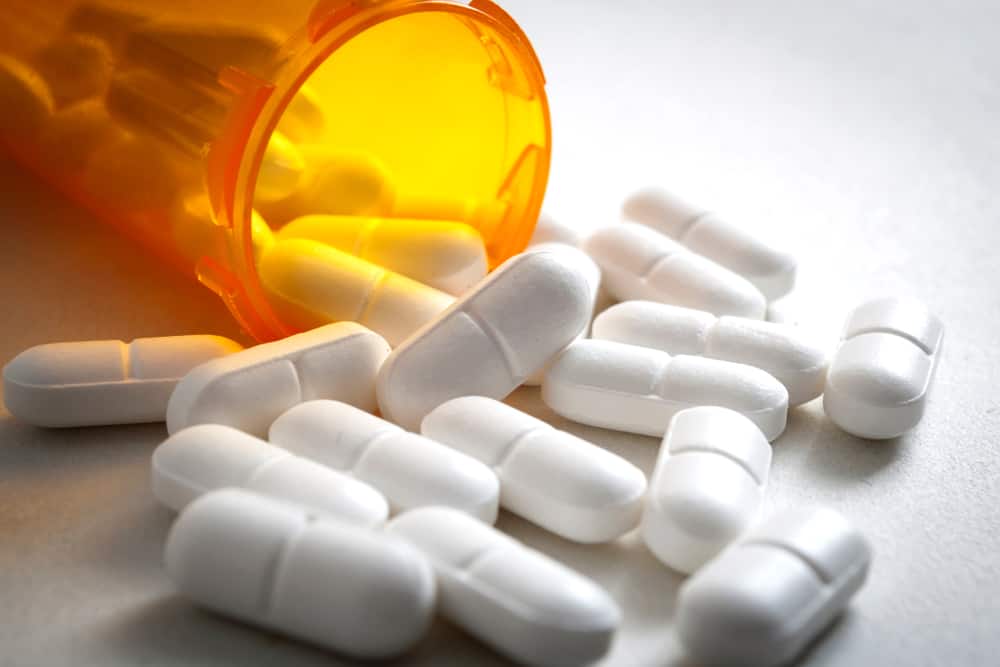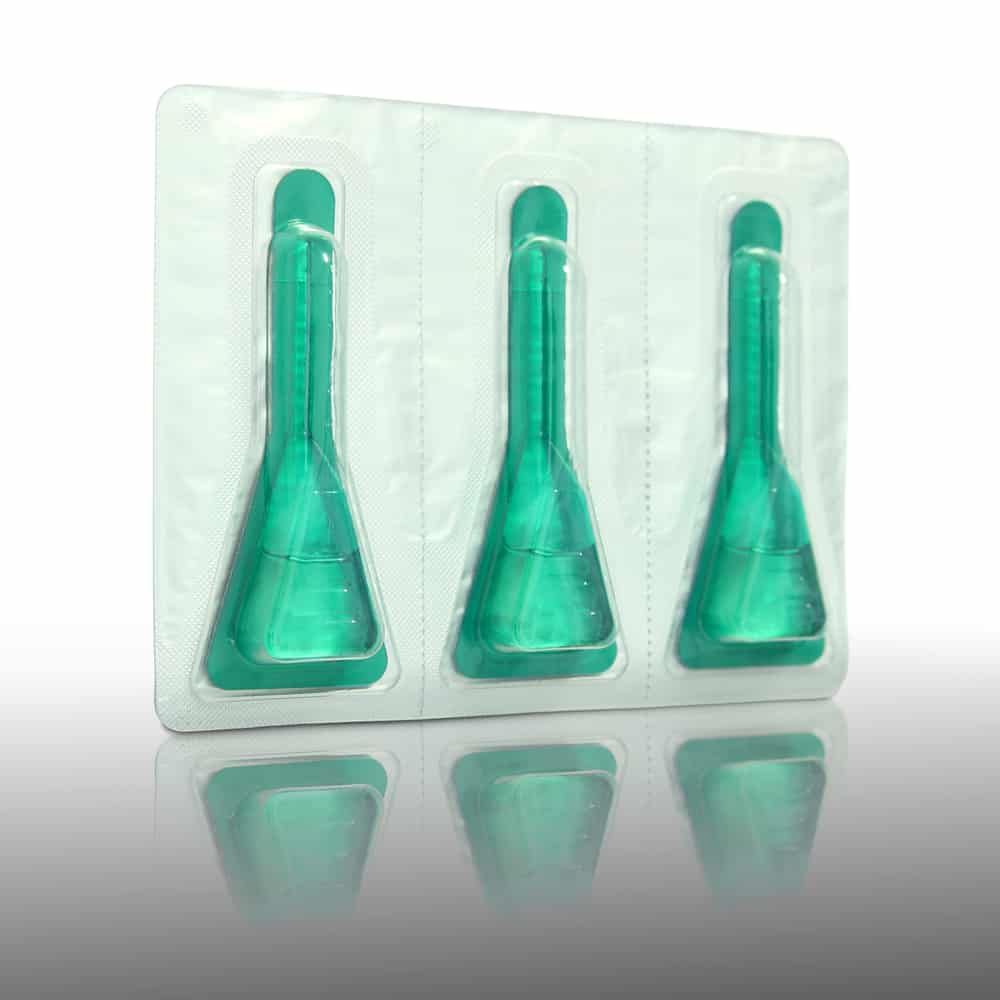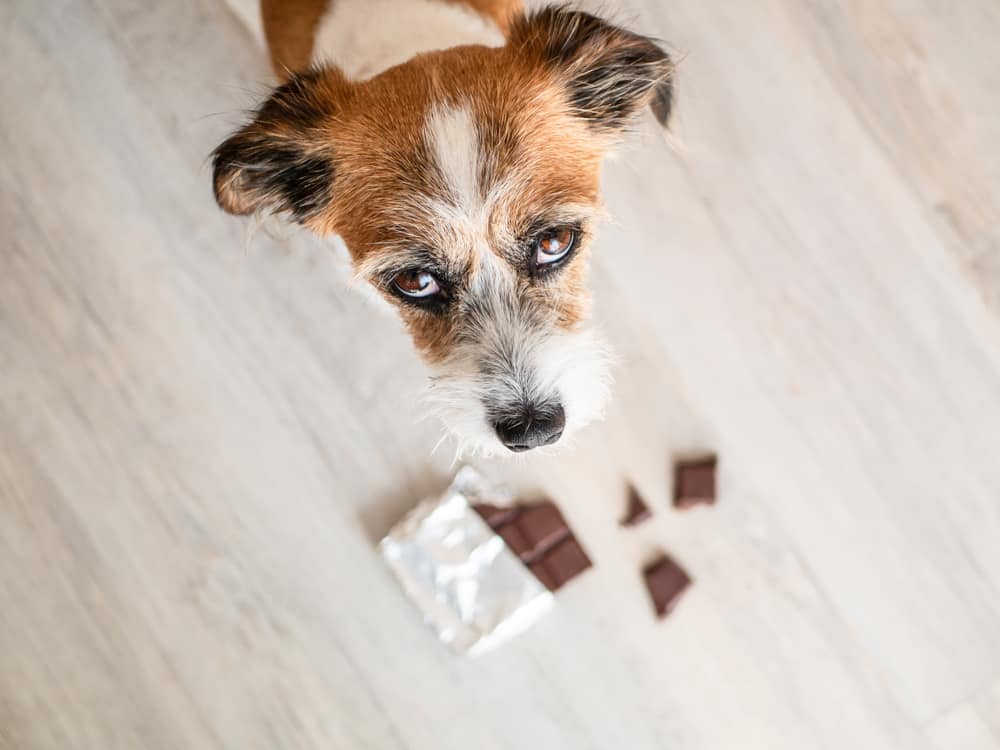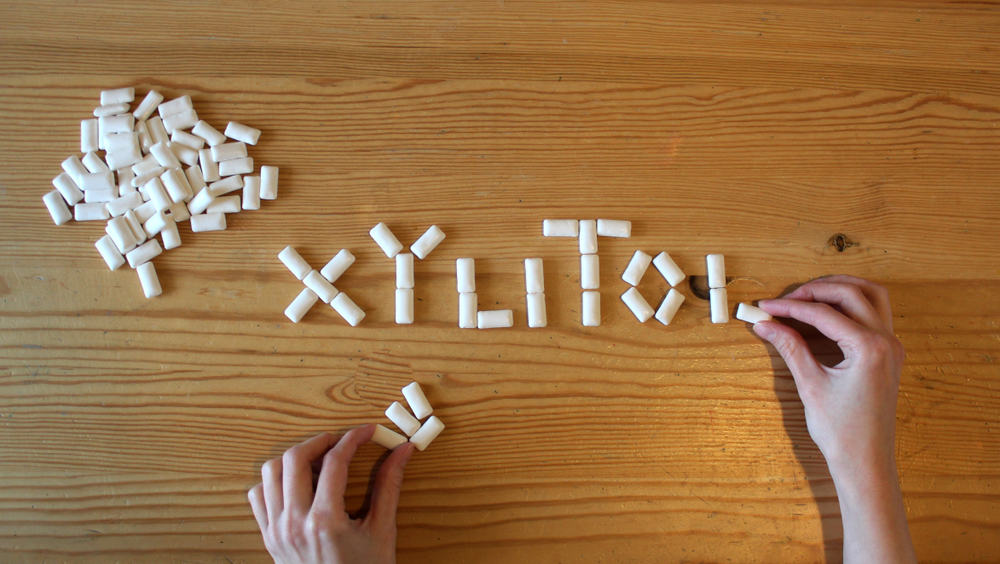Contents
All products and services on Project PAWS are independently selected by our editors, contributors, and veterinary experts. This post contains affiliate links. As an Amazon Associate I earn from qualifying purchases.To learn more, view my disclosure policy.
Last Updated on October 28, 2020 by Aimee
Dogs and Household Toxins: Dogs like to things we have touched our frequently use. Dogs seem to not mind the bitter taste of ibuprofen or a prescription human medication. Funny how they can pick out a pill hidden in a hot dog and eat everything but the hot, then consume something terrible tasting. Dog owners need to be as diligent with their dog as they are with their toddler, Dogs have about the same common sense when putting things into their mouth.
Poisons for Dogs
Human and veterinary NSAIDS:
Never give a pain medication to your dog. Common, over-the-counter, non-steroidal anti-inflammatories (NSAIDS) include drugs such as aspirin, naproxen, and ibuprofen can be potentially fatal to your dog.
Antidepressants:
Human antidepressant medication can be very dangerous. All are poisonous to dogs.
- Prozac
- Zoloft
- Effexor
- Cymbalta

Exposure Symptoms
- Lethargy
- Vomiting
- Tremors
- Seizures
- Hyperthermia
- Diarrhea
Isoniazid:
A tuberculosis drug, is difficult for dogs to process. Even one tablet can cause problems in a small dog.
Exposure Symptoms
- seizures
- coma
Topical spot-on insecticides:
Common flea and tick medications that you can find at your veterinary clinic or at the local pet store are very poisonous if ingested.

Exposure Symptoms
- Severe
- Tremors
- Seizures
- Hyperthermia
- Death is untreated
Household Items:
- Rodent traps and killers
- Radiator cooler – antifreeze
- laundry detergent
- drain cleaners
- concentrated toilet bowl cleaners
- rust removers
- lime-away
Exposure Symptoms
- severe profuse drooling
- chemical burns to the mouth and esophagus,
- difficulty breathing
Human Food
Chocolate

Exposure Symptoms
- Seizures
- Drooling
Grapes
Exposure Symptoms
- Kidney failure
Macadamia nuts
Exposure Symptoms
- Weakness
- Overheating
- Vomiting
Raisins
Exposure Symptoms
- Kidney failure
Avocado
Exposure Symptoms
- Vomiting
- Diarrhea
Xylitol – substance found in artificial sweeteners
- Rapid drop in blood sugar causing weakness and seizures
- Liver failure

Pits of fruits:
Exposure Symptoms
- Seizures
- Vomiting
- Kidney failure
- Labored breathing
- Weakness
Rat and mouse poison:
Rodenticides, if ingested by dogs, can cause severe problems. The symptoms depend on the nature of the poison, and signs may not start for several days after consumption. In some instances, the dog may have eaten the poisoned rodent, and not been directly exposed to the toxin.
Pet medications
Just as we can be sickened or killed by medications intended to help us, cases of pet poisoning by veterinary drugs are not uncommon. Some of the more commonly reported problem medications include painkillers and de-wormers.
Household plants
Complete list of poisonous plants can be found here: https://www.aspca.org/pet-care/animal-poison-control/dogs-plant-list
You can also call them at: 1-888-426-4435
Dog can love to get into the dirt of household plants or dig in the garden.
- Azaleas
- rhododendrons
- Tulips
- Daffodils
- Sago palms
Exposure Symptoms
- Vomiting
- stomach problems
- diarrhea
- convulsions
- coma
- heart damage
- potential death
- seizures
- liver failure
Chemicals
- antifreeze
- paint thinner
- chemicals for pools
Exposure symptoms
- stomach upset
- depression
- chemical burns.
Fertilizer
Products for your lawn and garden may be poisonous to pets that ingest them.
A final word about Dogs and Household Toxins…
Help I think my pet ingested poison!
If you think your dog has been poisoned, try to stay calm. It is important to act quickly, but rationally.
First, gather up any of the potential poison that remains — this may be helpful to your veterinarian and any outside experts who assist with the case. If your dog has vomited, collect the sample in case your veterinarian needs to see it. Call your vet and have your pet seen right away.
You can also call the ASPCA poison hotline at 1-888-426-4435

